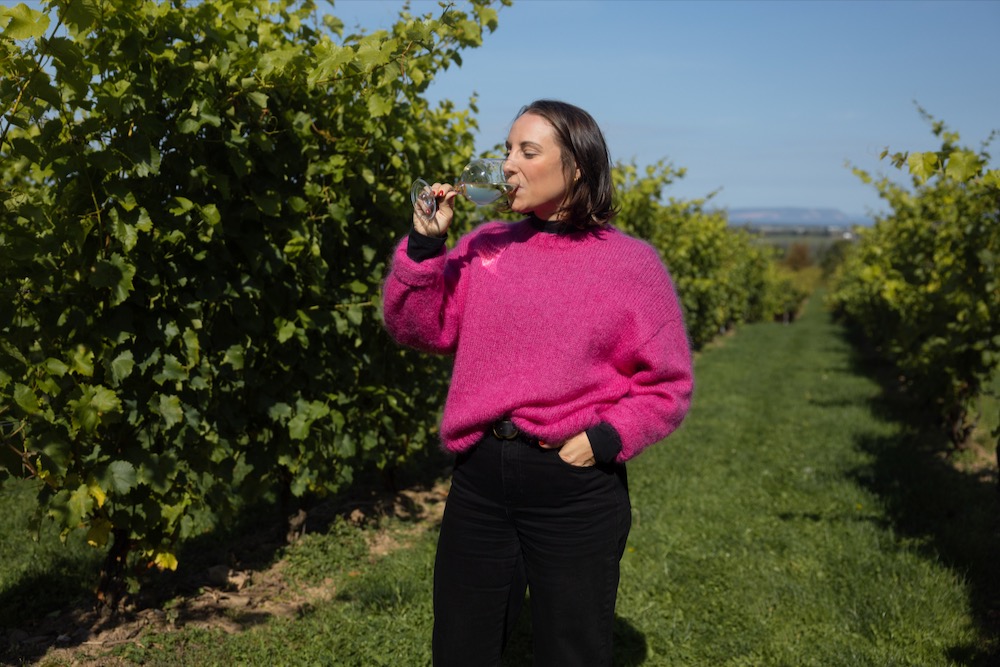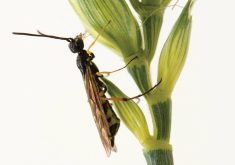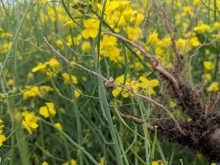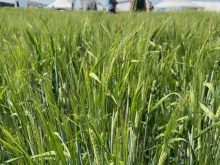Owning and operating a vineyard isn’t quite as glamorous as Geena Luckett imagined during her university days, as her dad was establishing Luckett’s Vineyard in Nova Scotia’s Gaspereau Valley, not far from the Bay of Fundy.
After starting out as an events manager at the winery, then learning about all other aspects of the business, from growing and harvesting grapes to processing, bottling and marketing, she gained a slightly different perspective.
“I started working at the winery in 2012 and got experience in all aspects of the winemaking business. It can be exciting and is always rewarding, but it is definitely not glamorous,” she says with a laugh. “It is a lot of fun and I love the business, but it’s also a lot of work.”
Read Also
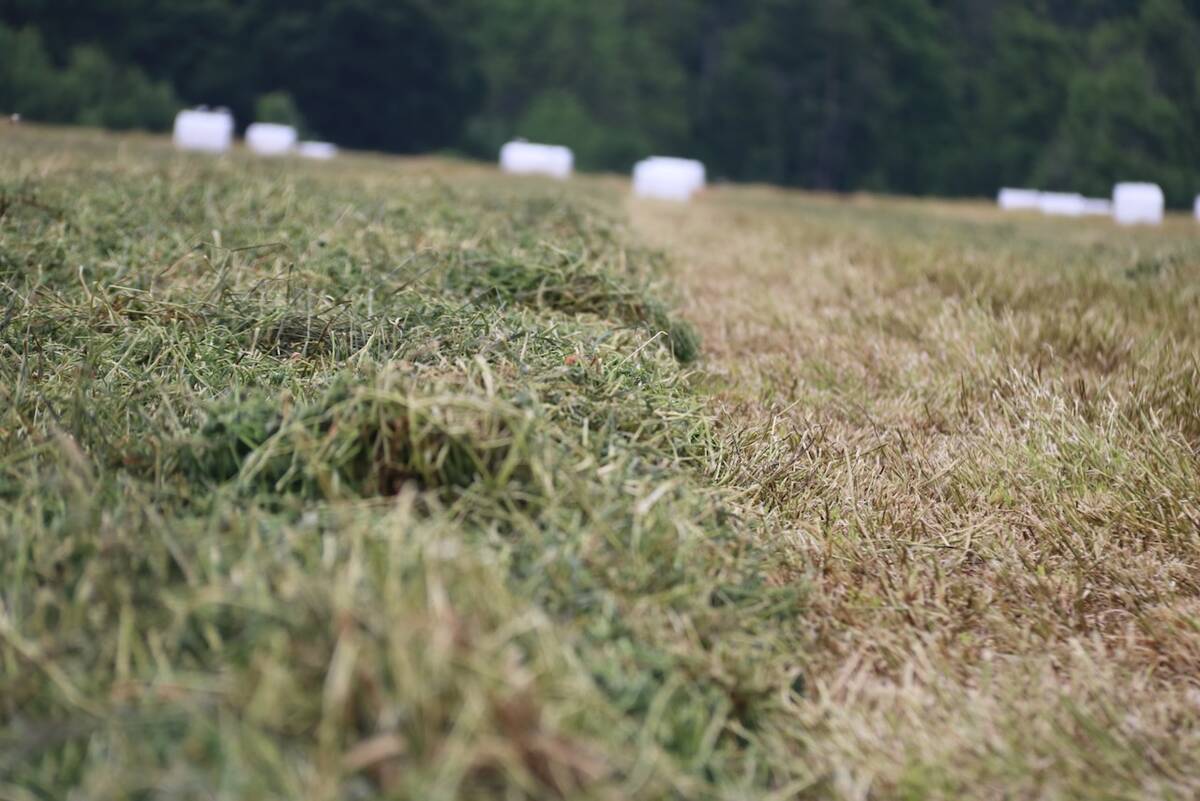
New high-performance forage training program to launch in 2026
A new Canadian Forage and Grasslands Asssociation high-performance forage program will be a resource for farmers, agronomists and others in the forage sector.
As a co-owner and general manager of Luckett’s Vineyard, Geena says her commitment is to produce a selection of quality wines that appeal to a wide range of tastes, and to provide a welcoming environment and amenities that help to attract thousands of visitors to their operation annually.
Her commitment to the farming operation as well as the wine industry earned her recognition earlier this year as Atlantic Canada’s Outstanding Young Farmer for 2024.
Geena grew up in a much different agriculture enterprise. She was raised in town, but her father, Pete Luckett, who immigrated to Canada from England as a young man, began a fruit and vegetable growing operation. The vegetable production later grew into several small stores across Nova Scotia known as Pete’s Frootique, a chain bought by Sobeys in 2015.
While in the vegetable business, Pete bought 100 acres of farmland near Wolfville in 2000. After considering a few options he decided to get involved in the wine industry and developed a vineyard on part of the land. Initially he grew grapes to sell to other local wineries, but in 2010 he decided to build his own winery, which opened to the public and produced his first vintage in 2011.
Meanwhile Geena was attending Dalhousie University, and at one time was thinking about joining her father in the grocery business. “But after a closer look I realized that the grocery business was not for me,” she said. For a few years she managed a tack shop serving the local horse industry. But the development of Luckett’s Vineyard caught her attention. She graduated from Dalhousie with a bachelor’s degree in management in 2012.
“As I said, working at a vineyard sounded pretty glamorous, so when the position of events manager came open, I applied and got the job and that’s where I started in the wine industry,” she says. “I later worked in all areas of the business which was a great learning experience.”
Since 2012, Luckett’s Vineyards has developed into a popular Nova Scotia winery, producing some 15,000 cases of red, white and rosé wines annually. There are 30 acres of vineyard on the home farm, and another 25-acre vineyard nearby. Those 55 acres of vines supply about 60 per cent of the grapes the winery needs. The rest are bought from other local growers.
The winery also features a bistro and an events centre. During the peak season the winery employs up to 100 people.
Geena has worked to make Luckett’s Vineyards a premier wine tourism destination, attracting up to 100,000 visitors per year, while producing wines such as L’Acadie, Osceola muscat, seyval blanc, chardonnay, riesling, Lucie Kuhlmann, Léon Millot, Triomphe d’Alsace and Castel.
“We’ve had to become flexible as we’ve dealt with issues such as COVID and it seems that Nova Scotia is feeling the effects of climate change with some fairly severe weather events,” Geena says. “We’ve had to be able to pivot and be adaptable.”

With annual maintenance and upgrades a regular part of their program, Geena points to a couple of major projects which helped improve overall operation. The open-air bistro and dining area have since been closed in, taking the facility from mainly two-season to three-season operation, running from April to Christmas.
At about the same time, the winery also expanded its processing, winemaking and warehouse capacity.
“We are always working on improvements, but those two major upgrades have made a tremendous difference in being able to expand our operation,” Geena says.
Looking ahead, with major improvements already made, she plans to focus on ways to improve overall efficiency of the operation and to increase awareness and sales of locally produced wines.
“Nova Scotia wines have about nine per cent of market in the province,” Geena says. “We produce some of the finest wines in the country, and types of wines you won’t find elsewhere. So I think we need to do a better job of making consumers aware of the products that are produced right here at home.”


